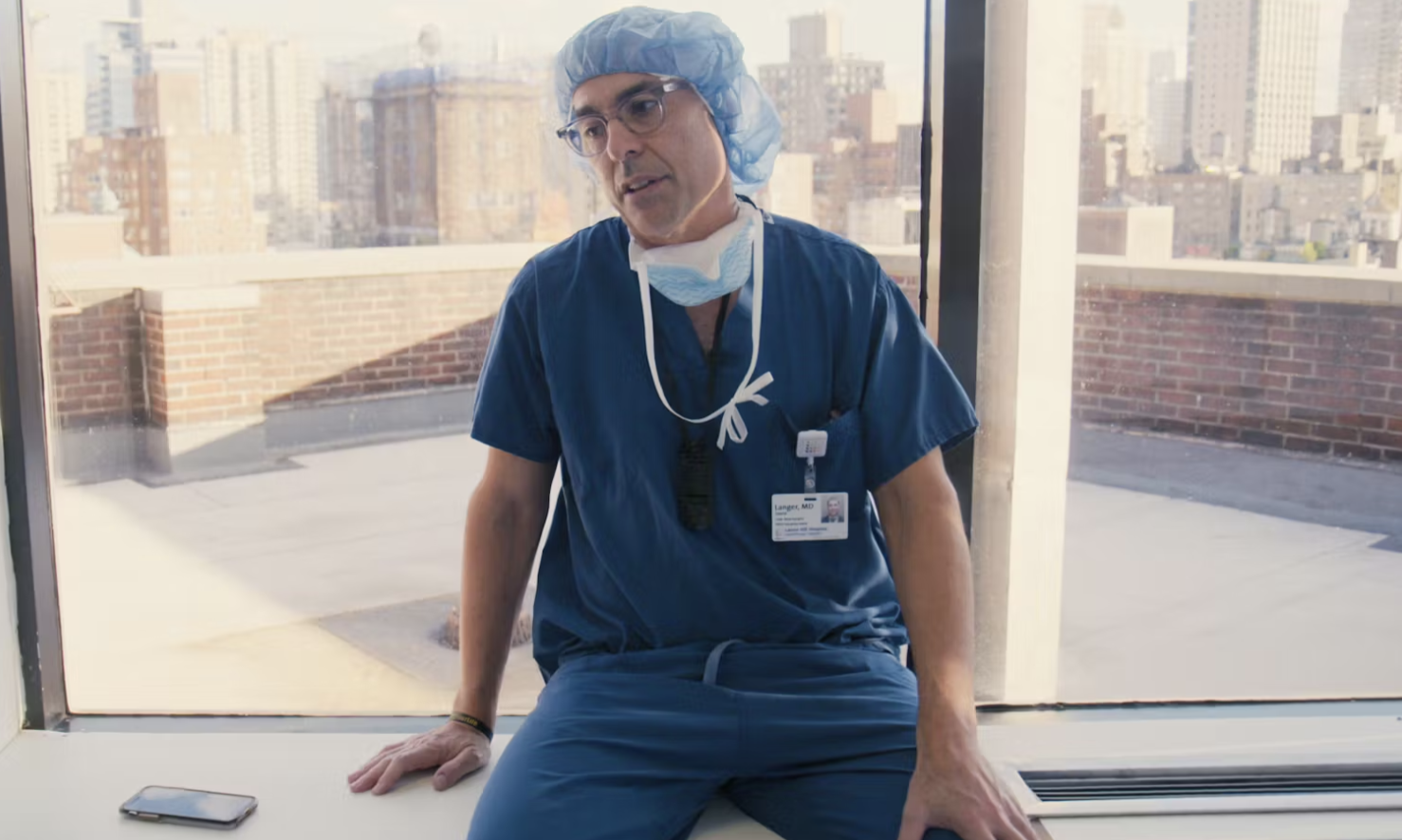The Evolution of the Patient-Provider Dynamic

The unique relationship between patients and providers is as old as the first instance of a healed bone in ancient civilization. When anyone is sick or hurt and asking for help, trust is required to receive that help because of the inherent power imbalance between the healthy helper and the vulnerable injured. As medicine modernized along with the extensive education that informs it, the asymmetry in medical knowledge and consequent levels of trust between patients and providers has undergone a dynamic evolution that continues to empower patients alongside their providers.
The Paternalistic Model
Healthcare providers used to be the ultimate gatekeepers. Until the beginning of the 21st century, modern medicine used a paternalistic model of provider-patient relations. Under this model, health systems acted more like a fortress of withheld medical information, requiring patients to do and trust whatever their clinicians said. Patients weren’t expected or encouraged to engage with their own medical knowledge, and going to the doctor meant acquiescing personal consent over healthcare decisions. In the paternalistic model, clinicians act as “parents” with complete power over their patients’s medical journeys, withholding diagnostic information as they see fit. The level of trust placed in providers in this model is immense. Rather than a flattering compliment of a clinician’s abilities, such blind trust puts much pressure on one person to be infallible instead of spreading responsibility across an empowered team. Clinicians are smart people who studied for a long time to know what they know, but that doesn’t make them all-knowing for every patient in their care.
A Changing Dynamic
In the 1970s, the American public was made aware of past cases of medical abuse in which medical staff withheld important diagnostic or treatment information from their patients. The public reckoning made people distrust the godlike position of physicians over their patients’ healthcare.
In the first two decades of the 21st century, patient behavior and expectations changed. Wide internet use enabled access to vast amounts of medical information while patient satisfaction scores gained more importance to hospital success. Patients became empowered, emboldened, and eager to understand what was happening to their health, why it was happening, and the various means of treatment available to them. As HCAHPS and other patient satisfaction scores became more relevant in healthcare discourse, patients were encouraged to think critically about the quality of care they received.
The Benefits of a Strong Patient-Provider Partnership
The empowerment of patient involvement changed the patient-provider partnership for the better. Rather than requiring providers to know everything about their patients, involved patients can fill in the blanks of their own medical history, provide necessary background and environmental information, and pay attention to their own bodies and health progress. The benefits of a more engaged patient population are undeniable.
Better health outcomes
By making each patient feel seen, heard, and understood, patient trust increases, as well as health outcomes. Hospitals engaging in intentional patient education have the potential to see a decrease in patient readmittance and a healthier patient population as a result. When patients and providers work together, people get healthier.
Higher patient satisfaction
When patients have more agency over their healthcare journeys, clinician trust increases. When patients feel more respected and cared for, those feelings translate to high HCAHPS scores for hospitals.
Stronger care communities
Teamwork makes the dream work - it’s cheesy but true. When power is distributed among a care community that includes the patients themselves, less information falls through the cracks. With more shared understanding and eyes on the treatment plan, patients receive a new level of profound support.
Digital Health Makes Patient Partnership Easy
AI-driven clinical platforms like Playback Health use mobilized cloud technology that enables clinicians and patients to use their own mobile devices to connect and store patient medical information. By safely mobilizing patient data and connecting clinicians and patients outside hospital walls, patients are invited to take ownership of their health journeys with the support of their personally invested providers. As patients become more empowered to steer their own health journeys, health literacy and positive health outcomes rise. Knowledge is power, and accessible medical knowledge is here to empower patients along with their providers, building stronger and safer health teams and outcomes than ever before.
Playback Health connects providers and patients on its unified clinical platform, strengthening care communities and influencing better health outcomes. Get started today.
What's new at Playback Health?

The “Basilar Ganglia” That Wasn’t: Why Accuracy in Healthcare AI Matters More Than Ever

The “Basilar Ganglia” That Wasn’t: Why Accuracy in Healthcare AI Matters More Than Ever

Why Dr. David Langer Believes Ambient AI Is the Future of Patient Communication

How Playback Pro Is Ushering in a New Era for Air Medical Transport


.png)


.svg)

